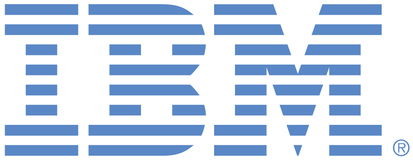
This is an IBM Automation portal for Integration products. To view all of your ideas submitted to IBM, create and manage groups of Ideas, or create an idea explicitly set to be either visible by all (public) or visible only to you and IBM (private), use the IBM Unified Ideas Portal (https://ideas.ibm.com).
Shape the future of IBM!
We invite you to shape the future of IBM, including product roadmaps, by submitting ideas that matter to you the most. Here's how it works:
Search existing ideas
Start by searching and reviewing ideas and requests to enhance a product or service. Take a look at ideas others have posted, and add a comment, vote, or subscribe to updates on them if they matter to you. If you can't find what you are looking for,
Post your ideas
Post an idea.
Get feedback from the IBM team and other customers to refine your idea.
Follow the idea through the IBM Ideas process.
Specific links you will want to bookmark for future use
Welcome to the IBM Ideas Portal (https://www.ibm.com/ideas) - Use this site to find out additional information and details about the IBM Ideas process and statuses.
IBM Unified Ideas Portal (https://ideas.ibm.com) - Use this site to view all of your ideas, create new ideas for any IBM product, or search for ideas across all of IBM.
ideasibm@us.ibm.com - Use this email to suggest enhancements to the Ideas process or request help from IBM for submitting your Ideas.

We have exactly the same problem. Applications coded in Spring make millions or even tens of millions of GET calls per day and only a few hundred thousands are valid GET calls. We are very slowly convincing application developers to increase MQ-GET-WAIT-time to reduce the number of GET calls without data. If minimum-MQ-GET-WAIT-time is a parameter in the MQ channel definition, it will be much easier to reduce the number of GET calls without changing the code and not wasting CPU.
It will make sense to both z/OS version and distributed versions, as they also burn a lot of CPU, and is also causing a lot of un-necessary network traffic.
And it would be nice to have the feature delivered also to current versions of MQ like 9.3 LTS.
Many poorly written apps will issue MQGET without ANY wait time option. So the solution needs to allow for this as well as increasing the MQGMO_WAIT value.